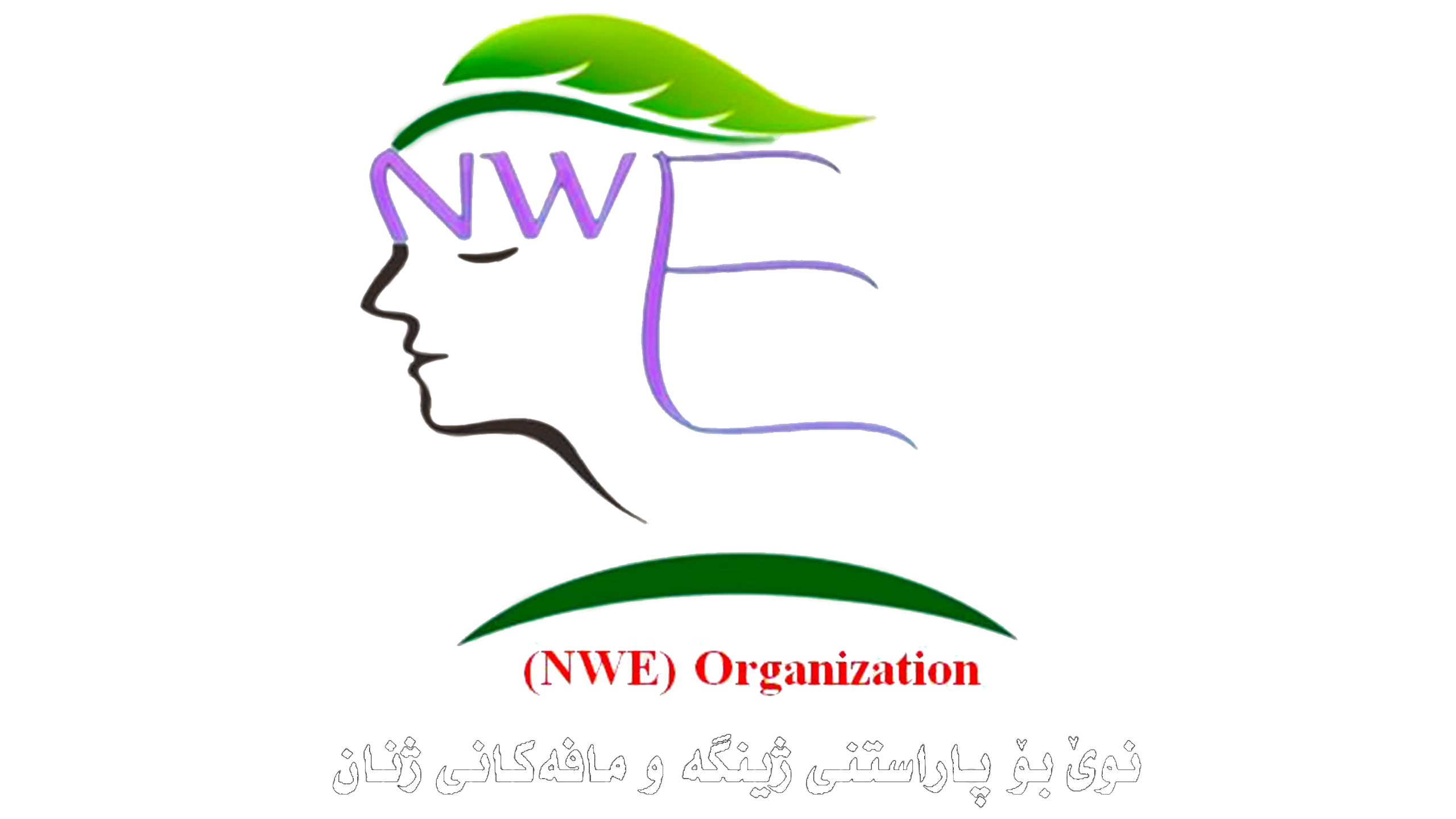The Jewish Neighberhood
The Jewish community of Halabja did not originate in the city. Once Halabja became a district and reconstruction began, the Jewish community was granted houses by the Jaf princes and established a neighborhood. The Jewish quarter was enclosed, a common feature of Jewish communities in both eastern and western regions. The streets were narrow, and the walls of the houses were tall. The Jewish quarter was centrally located in Halabja, close to the Halabja bazaar, which was the city’s hub. In 1909, Major son estimated the Jewish population of Halabja at 200, making them the second-largest community in the city after the Kurds. The Jews spoke Syriac, also known as Assyrian, a language used in their temples and homes. They also spoke Kurdish with other Halabja residents.

The Jewish community had its own distinct culture, customs, and traditions, including their own temples and religious practices. In 1958, after the Jewish community’s departure, their synagogue was converted into the Ahmadi Mosque. However, the mosque was destroyed in the 1988 chemical attack on Halabja and remains in ruins today.
The Jewish community of Halabja engaged in various trades, including jewelry and self-defense equipment, and had shops in the Hamid Beg bazaar. They maintained strong relationships with the Muslim population of Halabja. There were also instances of prostitution within the Jewish community, as evidenced by the proximity of Jewish homes to Muslim houses.
In a move similar to that affecting other Iraqi Jews, the Iraqi parliament decided to revoke the citizenship of Halabja’s Jewish community on March 3, 1951. Between 1948 and 1951, following the establishment of the State of Israel, the Jewish community of Halabja left the city with apprehension and sadness. The Muslim community of Halabja also expressed concern about their departure. Some of the houses in the Jewish quarter collapsed during the chemical attack on Halabja, while others remained intact. This neighborhood has left a lasting historical mark on the city.
Halabja is now known as the province of peace due to the harmonious coexistence of different religions and ethnicities in the city.



